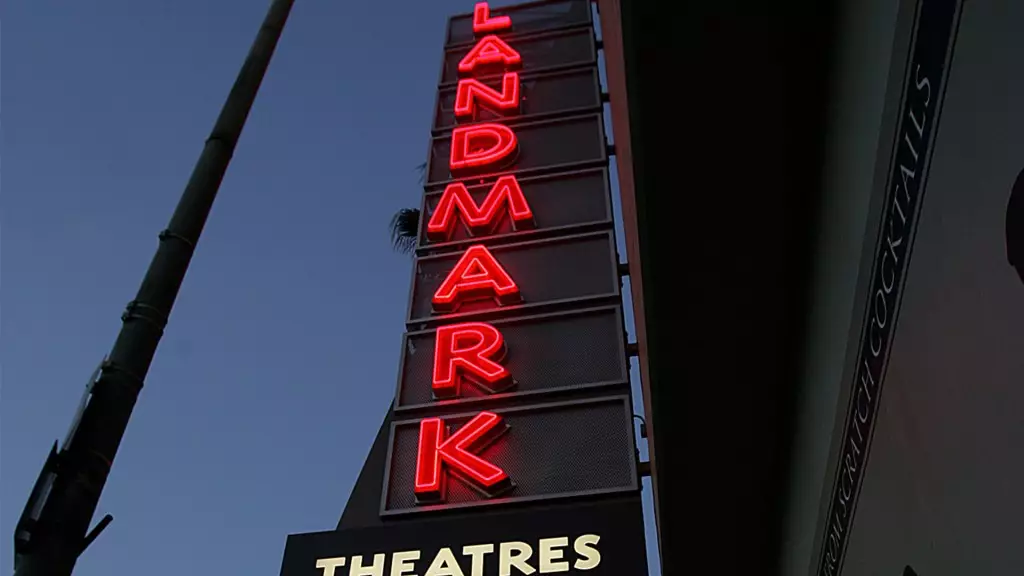Charles Cohen, a notable figure in the New York real estate scene, is currently embroiled in a significant legal battle with Fortress Credit Corp. The stakes are incredibly high, with Cohen found liable for a substantial personal loan guarantee of $187 million following a ruling by the New York State Supreme Court. The origins of this dispute trace back to a larger financial agreement wherein Cohen defaulted on a whopping $530 million loan secured by prominent assets, including the beloved Landmark Theaters.
As Cohen’s financial struggles mounted, Fortress Credit initiated legal proceedings last spring, seeking a court order to sell the collateral attached to the defaulted loan. This situation is not only critical on a personal level for Cohen, but it also stands to be one of the largest real estate transactions in New York’s history, potentially reshaping the landscape of commercial real estate in the city.
Implications of the Ruling
The court’s decision has far-reaching implications. With the auction date set for November 8, a variety of highly valuable assets are on the line, including the British arthouse chain Curzon, two hotels, a design center, and an office tower. Each of these properties adds to the complexity of the auction and highlights the tumultuous, competitive nature of New York’s real estate market. The ruling mandating the sale under the Uniform Commercial Code marks a significant moment in Cohen’s financial saga and poses pressing questions about the future of his ventures.
Despite the severity of the court’s ruling, Cohen’s legal team is not backing down. They filed a notice of appeal in response to the decision, underscoring the contention that the judge failed to adequately consider their arguments. Cohen’s appeal may hinge on several key issues, including the assertion that the judge erroneously dismissed Cohen’s motion to dismiss the case altogether. Furthermore, the ongoing dialogue between the parties—a series of emails suggesting prior agreements to extend the loan—forms the crux of Cohen’s defense.
The Appeal Process: Challenges Ahead
Cohen now faces a tight time frame to navigate the complexities of the appellate process. His legal team has six months to file a formal appeal, a procedure that many experts believe could strategically sidestep any immediate fallout from the auction. However, the crux of the case lies in whether the appellate courts will find merit in Cohen’s claims regarding the email exchanges and the contention that a default on the loan did not occur.
Fortress Credit counters this narrative, maintaining that the communication was not sufficiently binding to justify Cohen’s claims of loan extension. The intricacies of this legal back-and-forth could shape the outcomes for both parties involved, ultimately affecting Cohen’s financial standing and portending shifts in New York’s competitive real estate market.
As this case unfolds, onlookers and industry experts alike will be closely monitoring the implications of the November auction and Cohen’s subsequent appeal. The intersection of personal finance and commercial real estate is on display, showcasing the volatility and intrigue of the New York real estate market. How this legal drama will play out remains to be seen, but the stakes couldn’t be higher for Charles Cohen and the entities involved. The decision of the appellate division could very well redefine not only Cohen’s future but also the landscape of high-stakes real estate transactions in the city.

